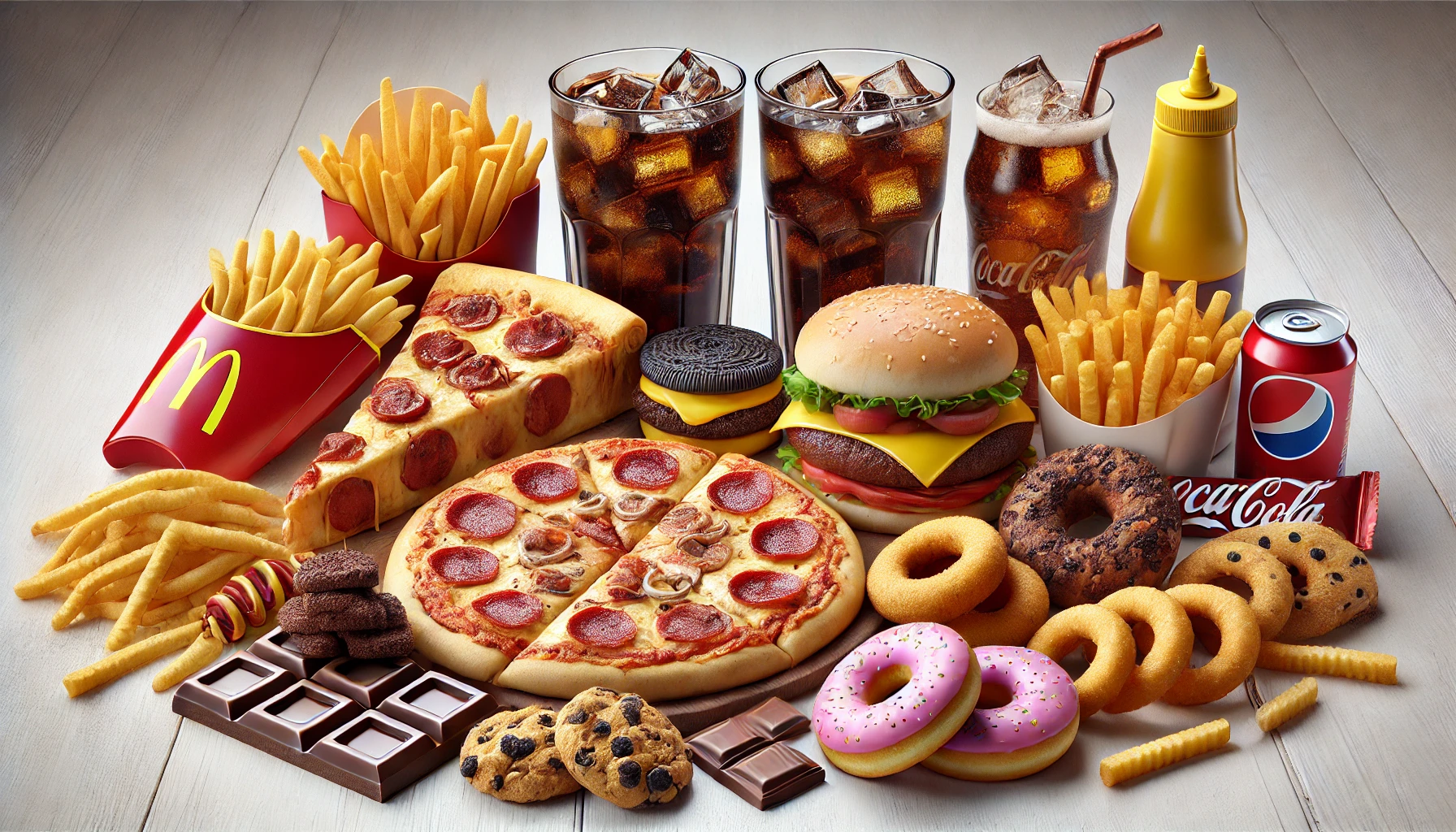Check out this answer from Consensus:
Processed foods, particularly ultra-processed foods, are a significant part of modern diets but pose various health risks. Understanding the different types of processed foods and their health implications is crucial for making informed dietary choices. Reducing the intake of ultra-processed foods and opting for minimally processed or unprocessed options can be an effective strategy for improving overall health and preventing chronic diseases.
Processed foods are those that have been altered from their natural state through various methods such as canning, freezing, refrigeration, dehydration, and aseptic processing. The degree of processing can vary significantly, leading to different classifications. The NOVA classification system categorizes foods into four groups based on the extent and purpose of processing: unprocessed or minimally processed foods, processed culinary ingredients, processed foods, and ultra-processed foods2.
Types of Processed Foods
- Unprocessed or Minimally Processed Foods: These include natural foods that have been slightly altered for preservation but retain most of their original properties. Examples include fresh fruits, vegetables, and whole grains2.
- Processed Culinary Ingredients: These are substances extracted from minimally processed foods or from nature, such as oils, fats, sugar, and salt, used in home cooking2.
- Processed Foods: These foods are made by adding salt, oil, sugar, or other substances to minimally processed foods. Examples include canned vegetables, fruits in syrup, and freshly made bread2.
- Ultra-Processed Foods: These are industrial formulations typically with five or more ingredients. They often contain substances not commonly used in culinary preparations, such as preservatives, sweeteners, and artificial colors. Examples include soft drinks, packaged snacks, and instant noodles1 4 5.
Health Implications
The consumption of ultra-processed foods has been linked to various adverse health outcomes. Studies have shown that diets high in ultra-processed foods are associated with increased calorie intake and weight gain. For instance, a randomized controlled trial found that participants consuming an ultra-processed diet had a significantly higher energy intake and gained more weight compared to those on an unprocessed diet1 4. Additionally, high consumption of ultra-processed foods has been associated with higher levels of added sugars and lower levels of protein in the diet, which can contribute to chronic diseases such as obesity and cardiovascular disease2 6.
Impact on Specific Populations
Children
Children’s diets are particularly concerning, as they often consume a significant portion of their daily energy intake from ultra-processed foods. Research indicates that children who consume high amounts of ultra-processed foods have higher levels of total cholesterol and triglycerides, which are risk factors for cardiovascular diseases6. Moreover, interventions aimed at reducing the consumption of ultra-processed foods in school settings have shown limited success, indicating the need for more effective strategies3.
Pregnant Women
Nutrition during pregnancy is crucial for both maternal and child health. Studies have shown that educational interventions targeting pregnant women can reduce the consumption of ultra-processed foods, although the effects may not be sustained throughout the entire pregnancy5.
Mechanisms and Biological Impact
The impact of processed foods on health can be partly explained by their effects on the gut microbiota and metabolome. For example, a study found that consuming a diet high in processed foods altered the fecal metabolome and gut microbiota composition, which in turn affected gastrointestinal health markers8 10. These changes can influence the body’s metabolic processes and contribute to various health issues.
